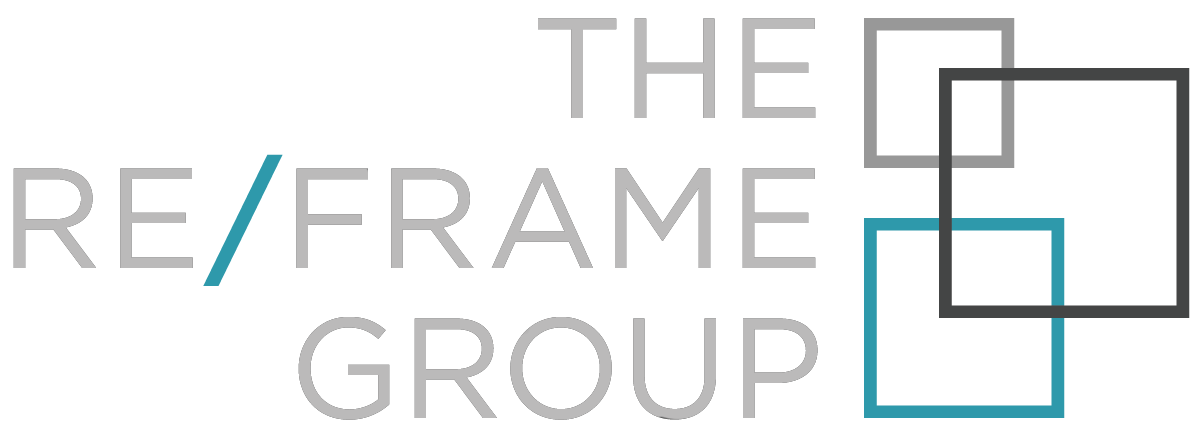

[menu name=”PRODUCTS – Employee Benefits”]
[menu name=”PRODUCTS – Employee Benefits”]
[menu name=”PRODUCTS – Employee Benefits”]
[menu name=”PRODUCTS – Employee Benefits”]
[menu name=”PRODUCTS – Employee Benefits”]
[menu name=”PRODUCTS – Employee Benefits”]
[menu name=”PRODUCTS – Employee Benefits”]
[menu name=”PRODUCTS – Employee Benefits”]
[menu name=”PRODUCTS – Employee Benefits”]
[menu name=”PRODUCTS – Employee Benefits”]
[menu name=”PRODUCTS – Group Retirement Savings”]
[menu name=”PRODUCTS – Financial + Estate planning”]
[menu name=”PRODUCTS – Bonding – Contract Surety”]
[menu name=”PRODUCTS – Bonding – License & Permit Bonds”]
[menu name=”PRODUCTS – Bonding – Other Bonds”]

Author: Jacques Wong

Author: Jacques Wong

You tell us a bit about yourself

We compare multiple quotes

You get the best coverage
Connect@TheReFrameGroup.com
Headquarters: #202 – 1965 W 4th Ave, Vancouver BC, Canada V6J 1M8
Toronto Office: 1268 – 2967 Dundas St. W, Toronto, ON M6P 1Z2
1.877.778.8455
© 2022 The ReFrame Group